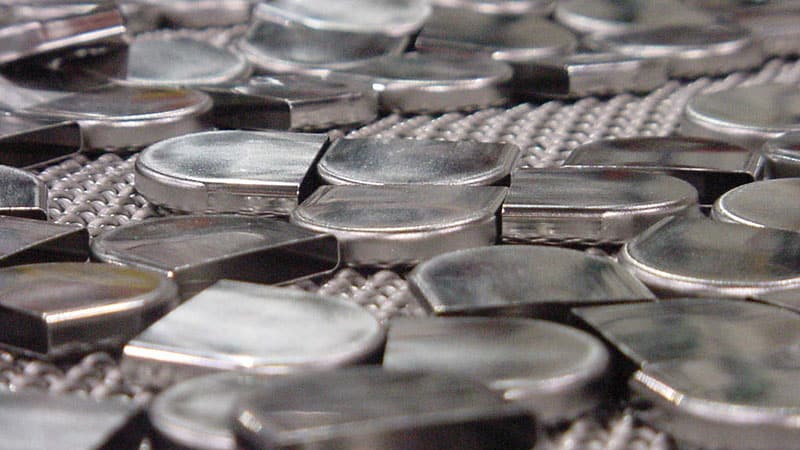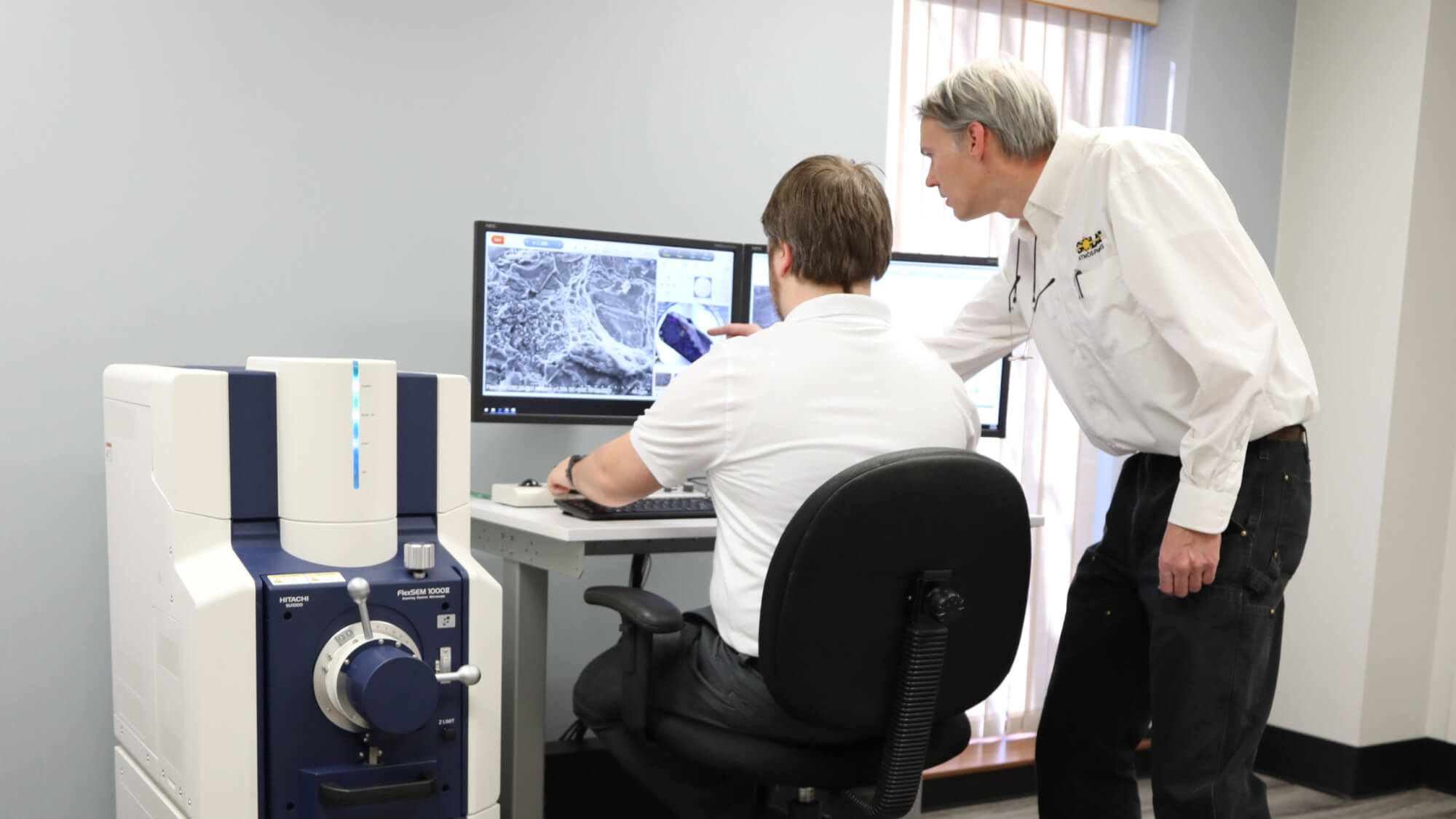CALL: 1-855-WE-HEAT-IT
Improving Titanium Friction and Wear Properties
Souderton, PA. July 15, 2014 – An experiment with Oak Ridge National Lab, published as “Surface Engineering to Improve the Durability and Lubricity of Ti–6Al–4V Alloy”; Bansal, Eryilmaz, Blau, evaluated titanium for weight reduction in heavy truck diesel engines. A wide variety of surface treatments were evaluated for friction and wear including: “diffusion treatments, hard coatings (TiN and CrN [PVD]), a soft coating (Cu–Ni–In), titanium-matrix TiB2 in situ-formed composite, and shot peening”. Two conclusions from the study are:
- “(b) CrN coated Ti64 specimens had the least amount of wear, followed closely by DLC (diamond-like-carbon) coated Ti64 specimens.
- (c) Nitrided…specimens yielded the lowest COF, and their wear is also comparable to those of CrN and DLC coated specimens.”
Titanium solution nitriding provided the lowest coefficient of friction (COF) and high wear resistance. The process was performed by Solar Atmospheres in a vacuum furnace using partial pressure nitrogen at temperatures in the annealing range. Solution nitriding is a diffusion process where nascent nitrogen is adsorbed and diffused into the titanium matrix. Like other diffusion processes, the depth of the diffusion zone is dependent on the time of the treatment.
Using Ti-6Al-4V with a core hardness of 30 HRC as the base metal, Solar Atmospheres has achieved hardness readings in the mid-60’s to upper-60’s HRC at a depth of 0.0076mm (0.0003”) followed by a gradual decrease in hardness to the core over a distance of 0.25mm (0.01”). Shorter cycle times have produced hardness in the mid-50’s to high-50’s HRC and shallower total case depths.
Solution nitriding is not a coating like CrN or DLC. It is a thermochemical treatment where nitrogen becomes an integral part of the titanium matrix. Unlike a coating, it does not have to initially bond well to work and it will not spall away from the base metal. That’s because it is the base metal at the surface; it’s a metallurgical case that significantly strengthens the base metal just as conventional carburizing and nitriding of steel does, allowing for increased service loads along with friction and wear performance properties.
Titanium has many beneficial applications from the medical, aerospace, and automotive industries. Unfortunately, titanium also has poor tribological properties, that is, it has a high COF when in moving contact with structural metals. The result is poor sliding and adhesive wear resistance often resulting in failure by galling (cold welding). In order to provide adequate serviceability for metal-to-metal applications where friction and wear are a concern, some type of surface treatment is typically required.
Solution nitriding of titanium opens new markets for titanium in friction and wear applications. Oak Ridge Laboratory chose Solar Atmospheres to conduct the solution nitriding portion of the test due to the expertise, previous work with the process, and technical reputation of the company. Other companies interested in running titanium solution nitriding tests should contact Don Jordan, Vice President and Corporate Metallurgist for Solar Atmospheres at don@solaratm.com.


